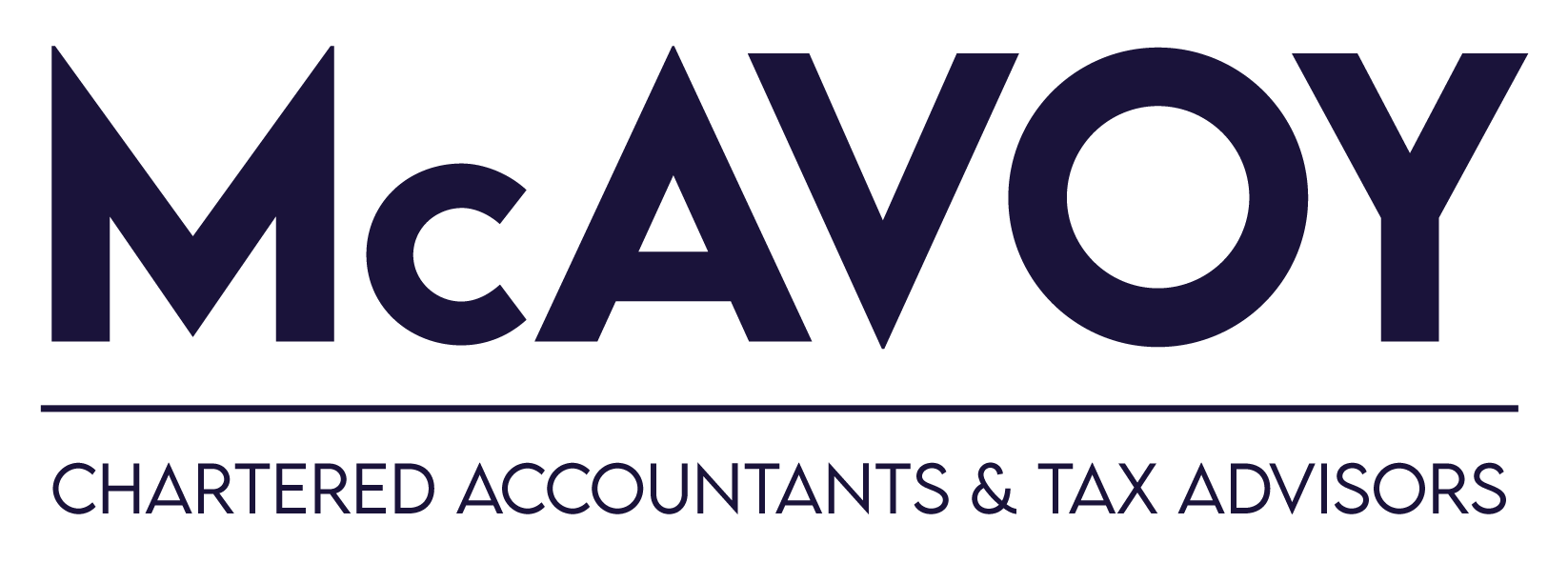
In recent years investing in offshore funds has become increasingly popular. In the light of this it’s important for investors to know that there are significant tax disadvantages to investing in an offshore fund rather than in a regular equity share investment (an equity).
For tax purposes an interest in an offshore fund includes an interest in a non-resident company, a unit trust scheme with non-resident trustees or any arrangements taking effect under foreign law which create rights in the nature of a co-ownership. The offshore fund legislation applies to a material interest in an offshore fund. In general, an interest in an offshore fund will constitute a material interest if, at the time of acquisition:
1. It could be reasonably expected that the value of the interest could be realised within seven years, and
2. The amount that the investor is able to realise is proportionate to the value of the underlying assets in the offshore fund.
For the purpose of this article, I will look at the tax treatment of an investment in an offshore fund in the EU, the EEA or in a country with which Ireland has a Double Tax Treaty which is equivalent to an Irish regulated fund. To fall into one of these categories the structure of these types of offshore fund must be similar to that of either an Irish investment limited partnership, an Irish investment company, an Irish regulated unit trust or a UCITS fund.
The following is a comparison between the tax treatment of these types of Regulated Offshore Funds with the tax treatment of a regular equity investment. As you will see, there are some very startling differences:
1. Income from a Regulated Offshore Fund is subject to income tax at 41% and is exempt from PRSI and USC. For some taxpayers a tax rate of 41% will be higher than their marginal rate of income tax, PRSI and USC on dividend income from an equity investment.
Turning next to capital gains, a gain from the disposal of a material interest in a Regulated Offshore Fund by an individual is treated as income and is liable to tax at 41% rather than to the Capital Gains Tax (CGT) rate of 33% that applies to gains from the disposal of equities.
2. Losses on Regulated Offshore Fund investments cannot be offset against gains. The losses are disregarded. This is a significant disadvantage of investing in such funds when compared to investing in an equity. Any loss on the disposal of an equity investment can be offset against other capital gains.
3. On the eighth anniversary of the acquisition of units in a Regulated Offshore Fund, a deemed gain arises for the investor in respect of any uplift in value of the investment. The tax on this unrealised or paper gain is charged at 41%. On a subsequent actual disposal a tax credit is given for the tax paid on the deemed disposal. Again, this is a significant disadvantage when compared to the tax treatment of an equity share investment where there is no deemed disposal on the eighth anniversary of the acquisition of the share.
4. A non-domiciled individual can avail of the remittance basis of assessment in respect of foreign sources of gains. This means that the person is only assessed to tax on foreign gains to the extent that the gains are remitted to Ireland. Gains from these Regulated Offshore Funds are not treated as foreign gains. As a result a non-domiciled taxpayer cannot avail of the remittance basis even if his/her gains are not remitted to Ireland.
By way of contrast, a non-domiciled individual could avail of the remittance basis on foreign gains generated on a regular equity investment.
5. On death, the holder of a Regulated Offshore Fund is treated as disposing of the fund at market value immediately prior to his / her death. Any gain on the deemed disposal of the fund will be liable to tax at 41%. The beneficiary of the fund may be able to get a credit for this tax against his/ her inheritance tax liability.
When this treatment is compared with that on the death of a person holding an equity investment the difference is startling. On his/ her death, the former holder of an equity is deemed to dispose of his / her assets at market value without any charge to CGT. This makes the holding offshore funds in older age a very risky exercise.
6. In computing gains on disposal of assets, costs that were incurred pre-2002 can be indexed for the rate of increase in the Consumer Price Index. This will not be the case when you are computing the gain on disposal of a Regulated Offshore Fund. Indexation is not granted when computing the gain on disposal.
7. A person who acquires a material interest in a Regulated Offshore Fund is required to disclose details of the acquisition in their tax return. Even if the person would otherwise not have been required to file a tax return the fact that they acquired a material interest in a Regulated Offshore Fund means that a return is required.
The key takeaway from all of this is that you need to be aware of the tax treatment of a material interest in Regulated Offshore Funds. If you hold these investments, then you need to consider whether the tax treatment of the funds makes them an appropriate investment for you.
Note: This article only considers the tax consequences of investing in Regulated Offshore Funds in the EU, EEA or a country with which Ireland has a tax treaty. There is different treatment for investments in offshore funds in other locations and non-equivalent offshore funds.


